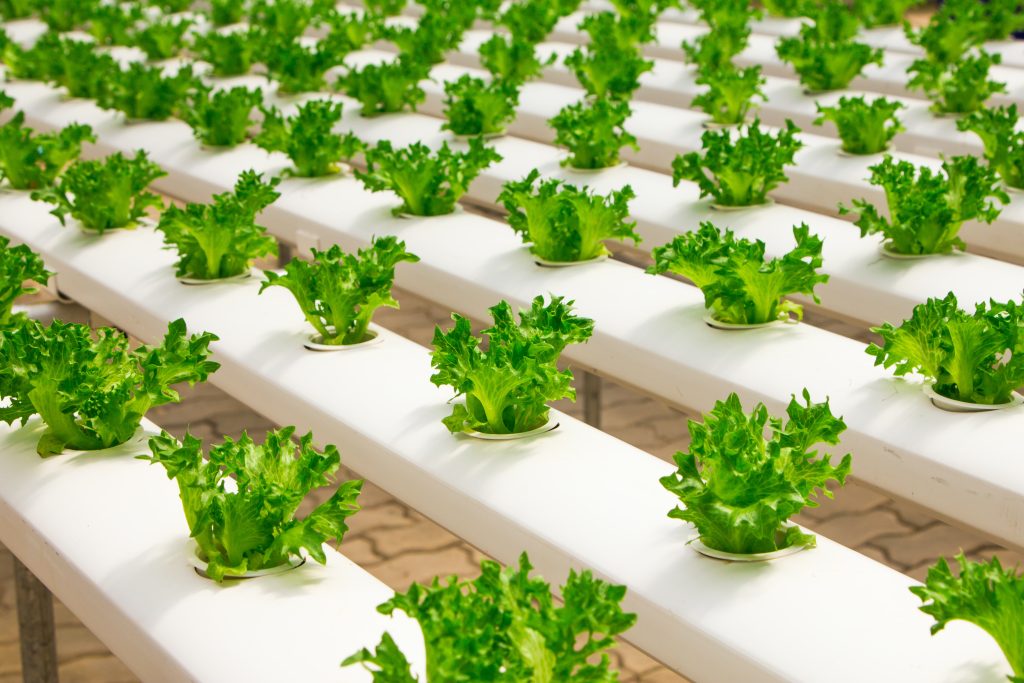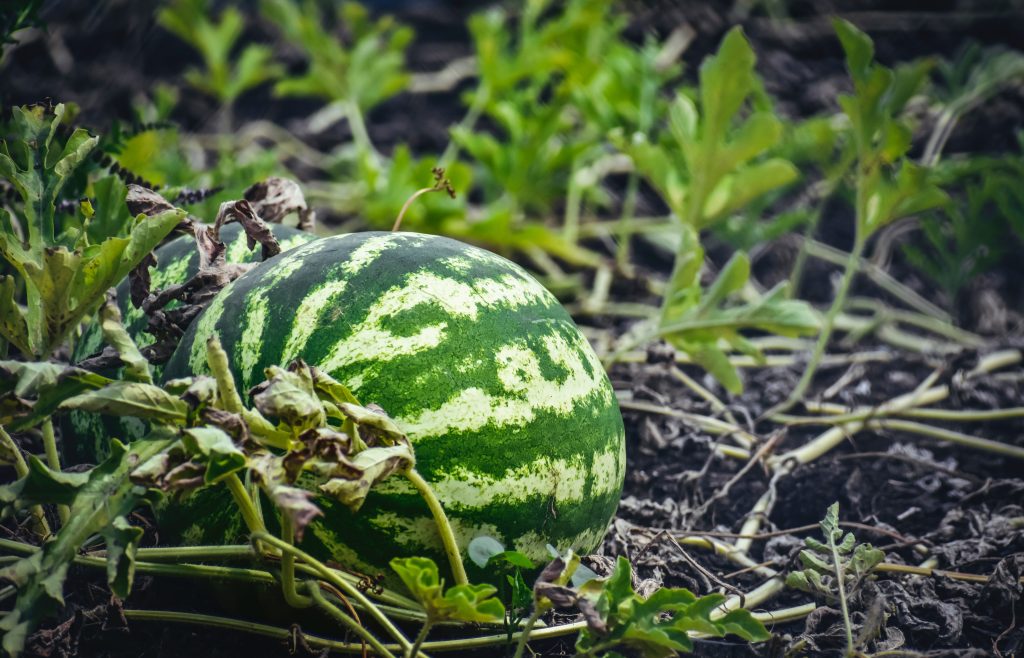Organic gardening is a method of growing plants and cultivating the soil without the use of synthetic fertilizers, pesticides, and other chemicals. It is based on the principles of sustainable agriculture and seeks to create a self-sufficient and healthy ecosystem in the garden.

Organic gardening emphasizes the use of natural methods to promote plant growth and control pests, such as using compost and other organic matter to improve soil health, rotating crops to reduce the buildup of disease-causing organisms, and using companion planting to attract beneficial insects and discourage pests. Organic gardeners may also choose to use natural pest control methods, such as introducing predatory insects to control garden pests, rather than relying on synthetic chemicals.
Organic gardening has numerous benefits, including producing healthier and tastier food, reducing the negative impact of gardening on the environment, and promoting biodiversity. It can also provide a sense of satisfaction and connection with nature for the gardener.
If you’re interested in starting an organic garden, there are many resources available, including books, online articles, and local gardening groups, that can provide you with information and guidance on the best practices for growing plants organically.

Organic gardening is a way of growing plants that emphasizes the use of natural methods to promote plant health and control pests. Here are some basic steps to get started with organic gardening:
- Choose the right site: Select a site with good sunlight and well-draining soil, and avoid areas with a history of chemical use.
- Prepare the soil: Use a soil test to determine the pH and nutrient levels of your soil, and amend it with compost, well-rotted manure, or other organic matter to improve soil fertility.
- Choose the right plants: Choose plants that are well-suited to your climate and soil type, and consider their water and light requirements.
- Use companion planting: Consider companion planting, where different plants are grown together to promote healthy growth and discourage pests.
- Apply compost: Apply a layer of compost around the base of your plants to provide nutrients and improve soil health.
- Water wisely: Water your plants deeply and infrequently, and avoid overhead watering to reduce disease risk.
- Mulch: Apply a layer of mulch around your plants to conserve moisture, suppress weeds, and regulate soil temperature.
- Manage pests and diseases: Use natural pest control methods, such as introducing beneficial insects, to manage pests and diseases, and avoid the use of synthetic chemicals.
- Harvest and preserve: Harvest your plants at the right time for maximum flavor and nutrition, and consider preserving the excess for later use.
These steps can help you get started with organic gardening and provide a foundation for growing healthy and sustainable plants. With time, patience, and a little experimentation, you can develop an organic garden that is productive, beautiful, and ecologically sound.
